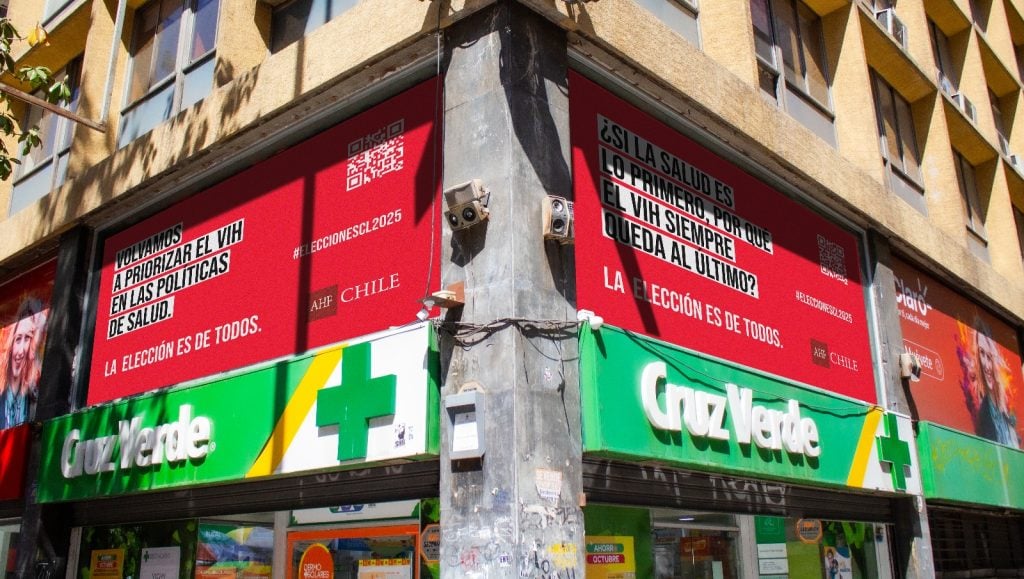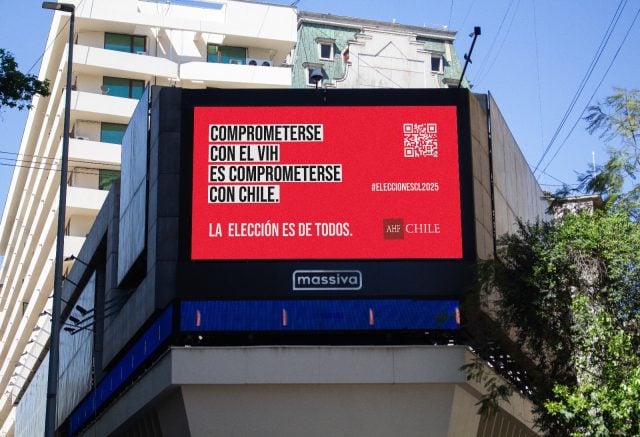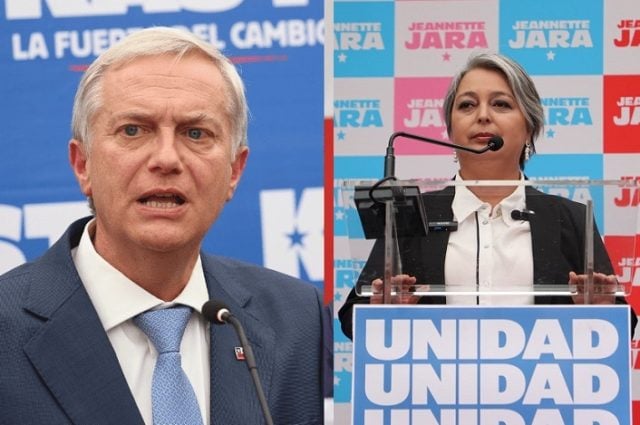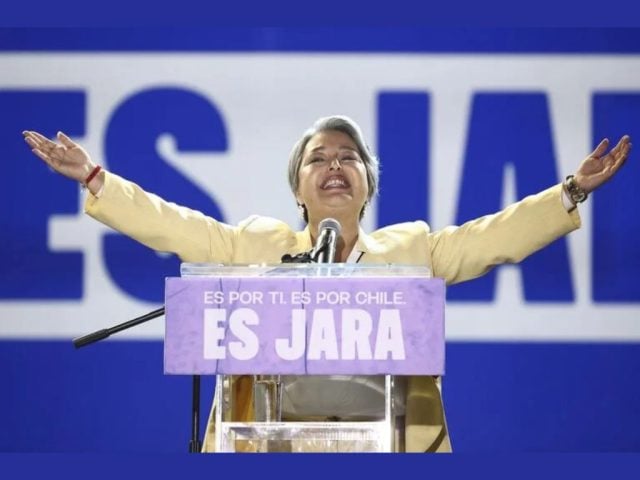Original article: Mensajes en las calles de Santiago llaman a no olvidar el VIH en medio de la carrera presidencial
Street Messages in Santiago Urge Public to Remember HIV Amid Presidential Race
Across the streets of Santiago, a clear and bold message resonates: «If health comes first, why is HIV always last?»
This phrase appears on signs placed in crucial locations such as Ahumada with Huérfanos, Paseo Ahumada, Escriba de Balaguer in Lo Cañas, and at the Irene Frei Roundabout in Vitacura, forming part of a new campaign by AHF Chile (AIDS Healthcare Foundation), an international organization dedicated to addressing HIV/AIDS.
“This action is intentional. In a context where none of the 8 presidential candidates mention HIV/AIDS in their platforms, AHF aims to break free from institutional discourse and bring this reflection into the public domain, where millions traverse daily,” stated representatives from the organization.
They highlighted that Chile is facing a complex scenario. In 2024, the country reported over 4,300 new HIV cases, indicating the problem is far from resolved. While access to antiretroviral treatments is free in the public health system, 30 to 35% of diagnoses still occur at the AIDS stage, demonstrating persistent barriers to timely access, prevention, and sexual education.
“Our country invests significant resources in medications, but if individuals do not seek treatment on time, those lives remain at risk. We need a comprehensive approach: prevention, adherence, and retention in the system, not merely rescuing those who have abandoned their therapy, which is also vital since around 20,000 people live with HIV and are not receiving treatment,” emphasized Dr. Becerra.
Thus, the campaign, which will unfold throughout November, aims to challenge authorities and public opinion in this decisive year, reminding everyone that «committing to HIV means committing to Chile.»
“AHF argues that the exclusion of this issue from political platforms reflects a narrow view of health, focused solely on immediate urgency without addressing the structural causes of health inequalities,” noted the international organization.

In addition to public messages, the initiative will be accompanied by digital content and on-the-ground actions, aimed at creating spaces for conversation about the need to strengthen prevention policies, improve access to testing, and update communication strategies that effectively reach populations at higher risk of acquiring HIV.
Dr. Becerra insists that the global UNAIDS goal of ‘zero new infections, zero discrimination, and zero AIDS-related deaths by 2030’ can only be achieved in Chile if the country prioritizes this issue: «HIV cannot remain on the sidelines. It is a public health issue, a human rights matter, and a question of equity. Discussing HIV is discussing social justice,» concluded the specialist.
El Ciudadano










